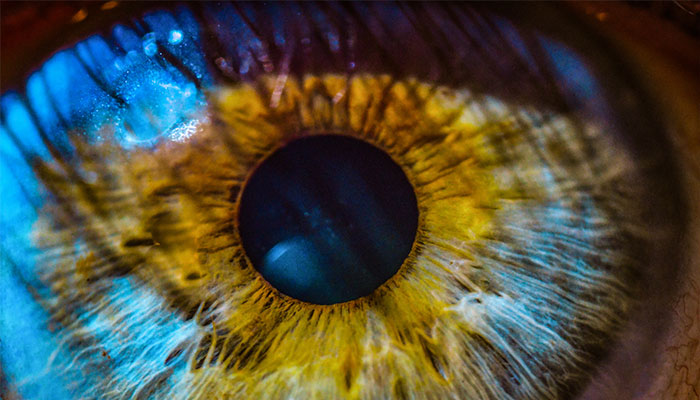Until relatively recently, the ‘woke capitalism’ phenomenon hadn’t attracted widespread attention in Australia. (‘Woke’ is an African-American term that indicates one is aware of social injustices; woke capitalism refers to corporations advocating that these injustices be addressed.) It was unclear if woke marketing campaigns would work – in the sense of shifting more units – down under because no such campaigns had aired in this part of the world.
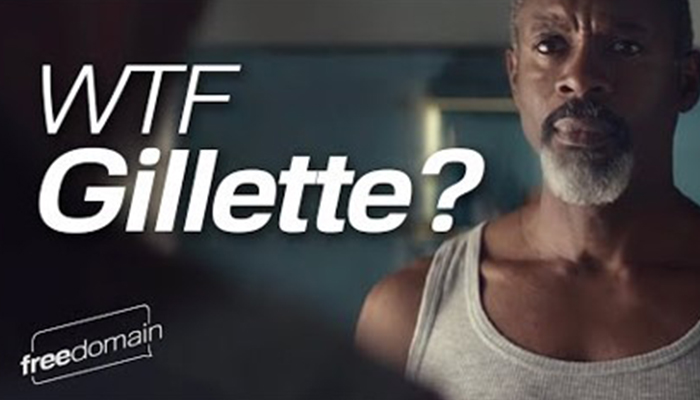
Razor edge ad: A short film by Gillette which referenced bullying, the #MeToo movement and toxic masculinity led to a backlash against the company and calls by critics to boycott its products.
All that changed when a Gillette ad entitled ‘The Best Men Can Be’ started airing in Australia, along with other countries, in January. The ad encouraged men to disavow toxic masculinity, in particular the sexual harassment of women and the bullying of other men.
Predictably, the razor company’s #Me Too co-opting ads launched a thousand media think pieces, as well as a furious social media debate. (If men’s rights activists and feminists trading tweets such as “#F--- Gillette, you PC-loving snowflakes, go woke go broke” and “Exploitative? Maybe. Brave and timely? Absolutely. Also, I cried. Well done @Gillette” constitutes a debate.)
Largely lost in all the partisan sound and fury was the issue of whether the ads were a bottom-line boosting success.
[Consumers] are going to become even more attuned to what’s been termed ‘woke-washing’. That is, corporations making dubious claims about their commitment to social issues.
Dr Abas Mirzaei is a Lecturer in the Department of Marketing at Macquarie Business School. He argues that the available evidence suggests that, if target audiences find it authentic, companies can boost revenue by promoting socially liberal causes important to younger consumers.
“Woke advertising is new but purposeful brands have been around for a long time,” Mirzaei says. “Purposeful brands seek to connect their core purpose to what’s important to their customers. While purposeful branding doesn’t always work, it’s something companies such as Dove, The Body Shop and Patagonia have had a lot of commercial success with.”
Pre-Gillette-ad Australia
“Most big Australian companies have long supported LGBT causes, Indigenous reconciliation and, more broadly, the diversity agenda,” Mirzaei notes. “But, with the arguable exception of the same-sex marriage debate, they haven’t taken an activist role. They certainly haven’t run ads promoting their brand while, for instance, encouraging Australians to become more tolerant.”

Company under fire: Mirzaei argues that woke marketing can backfire if consumers don't think it is genuine.
Mirzaei concedes cynicism about Corporate Australia’s motives might sometimes be justified but points out plenty of companies have put their money where their mouth is. “For example, Woolworths is now selling off its lucrative liquor and gaming businesses because they don’t fit with its ‘family-friendly values’,” he says.
“People see Gillette, which is owned by Proctor & Gamble, as a corporate behemoth,” Mirzaei says. “But, especially in the US, it’s lost market share in recent years to disruptors such as Dollar Shave Club and Harry’s.”
Mirzaei believes key decision-makers at Gillette took note of what Nike achieved after running ads featuring the Black Lives Matter-supporting NFL quarterback Colin Kaepernick in 2018.
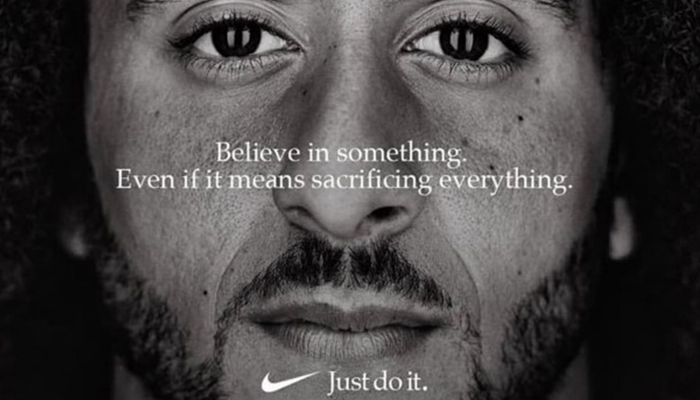
Touchdown: A decision by Nike to feature athlete-turned-activist Colin Kaepernick in its 2018 ad paid off, with the ad going on to receive an Emmy nomination.
“There was blowback but there was also massive online and offline engagement with and about Nike,” Mirzaei says. “Engagement that came at the expense of competitors such as Adidas. Sales jumped and Nike’s share price surged, adding nearly US$6 billion to the company’s market value.”
Corporations are notoriously risk-averse. It’s therefore not surprising that Gillette initially tried to jump on the woke-ad bandwagon in a way that wouldn’t offend anyone.
- Why would anyone go into the family business?
- What's the difference between business winners and losers?
- Honey, they shrunk the groceries
Mirzaei notes that three months before its ‘The Best Men Can Be’ ad, Gillette ran ones featuring a one-handed NFL linebacker Shaquem Griffin. “But unlike Nike’s Colin Kaepernick woke campaign, Mirzaei argues that Gillett’s campaign, featuring Shaquem Griffinhgenerated negligible online engagement and discussion.
“I’d argue that’s because Griffin isn’t associated with an attention-grabbing social issue like Black Lives Matter,” Mirzaei says. “His achievements are inspiring, but his ads didn’t inspire much public interest.”
Woke advertising misfires
Mirzaei argues that woke advertising and, more broadly, ‘purposeful branding’ can backfire if it comes across as ungenuine.
Referencing hot-button issues can make a brand seem relevant and even edgy. But when there’s no obvious connection between the contentious issue and the brand’s values and practices attempting to establish a link is likely to backfire.
“Pepsi’s widely mocked and quickly abandoned attempt to leverage Black Lives Matters protests is a great example of a tin-eared woke ad,” Mirzaei says. (This was an ad featuring Kendall Jenner, a Caucasian model, handing a conflict-calming can of cola to a policeman.)
The young have long been attracted to progressive causes. What’s different about young people today is that they expect the businesses they buy from to share their values.
“Consumers are well-acquainted with corporations ‘green-washing’; that is cynically attempting to leverage consumers’ concern for the physical environment,” Mirzaei says. “In future, they are going to become even more attuned to what’s been termed ‘woke-washing’. That is, corporations making dubious claims about their commitment to social issues.”
Mirzaei argues that Nike was seen to have some skin in the game when it came to race relations in the US, while Pepsi was perceived as being cynically opportunist.
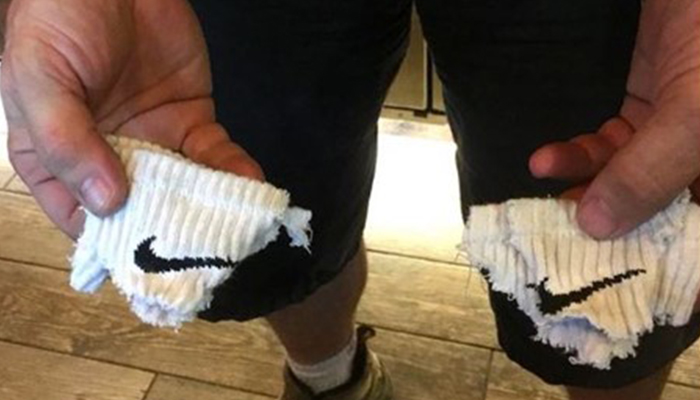
#JustBurnIt: Nike consumers lashed out after the Kaepernick ad by tearing up, burning or defacing their products.
“Nike has had hundreds of endorsement deals with African-American athletes,” he notes. “It was ‘on brand’ for Nike to take a position when African-American athletes such as Colin Kaepernick began championing Black Lives Matter. Nike’s brand values meant its ads were seen as authentic in a way the Pepsi ad wasn’t.”
Mirzaei points out Nike has also demonstrated it’s willing to take a financial hit to maintain its brand values. “At great cost, Nike recently recalled a shoe featuring a flag after Kaepernick and others argued the flag had white-supremacist connotations,” Mirzaei says.
Out with the old conservative consumers
The highest-profile individual to weigh in on ‘The Best Men Can Be’ campaign was Piers Morgan. (While not well-known in Australia, Morgan is famous as a newspaper editor turned TV personality in both the UK and US.) On January 14, Morgan tweeted, “I've used @Gillette razors my entire adult life but this absurd virtue-signalling PC guff may drive me away to a company less eager to fuel the current pathetic global assault on masculinity. Let boys be damn boys. Let men be damn men.”
Even if middle-aged men such as Morgan do follow through on their threats to boycott Gillette for the rest of their lives, Mirzaei says the company is still likely to come out ahead.
On a purely practical level, as many marketing experts have pointed out, many men don’t buy their razors, their wives or girlfriends do. But Mirzaei argues brands are more interested in backing the winning side in the war of the generations rather than the battle of the sexes.
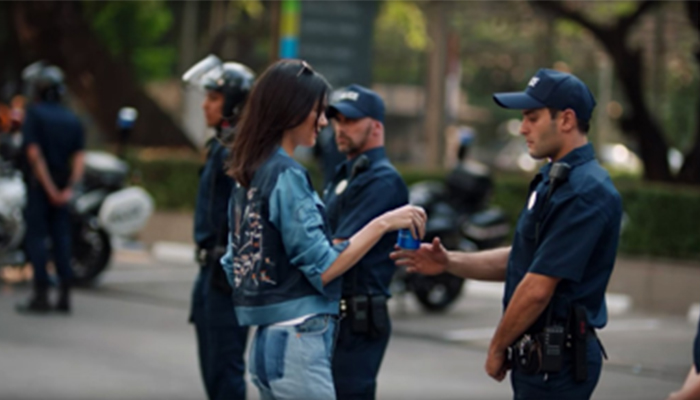
Brand backlash: A controversial Pepsi advert starring Kendall Jenner was widely criticised for appearing to trivialise Black Lives Matter demonstrations.
“Companies are always eager to win over consumers who are going to be consuming for another 50-60 years and who haven’t yet developed strong brand loyalties,” he says. “The young have long been attracted to progressive causes. What’s different about young people today is that they expect the businesses they buy from to share their values.”
Mirzaei notes that a recent Forbes survey found nearly 70 per cent of Millennials expected brands to have a ‘higher purpose’. He also points out that Gillette’s woke ad was a success in terms of attracting the attention of younger female consumers.
“In 2018, 56 per cent of Gillette’s online conversations were attributed to men, mostly ones over 35 years old,” Mirzaei says. “However, 62 per cent of the online conversation about shaving after the woke ad was attributed to women, predominantly ones under 35 years old. Therefore, younger women who are actively contributing to discussions on shaving products can be seen as a blue ocean [new market] for Gillette. Woke ads are a response to consumer demand, not an inexplicable disregard of it. You just need to keep in mind which consumers are being targeted.”
A moral victory?
So, to get back to the original question, was Gillette’s ad a success in shifting more units?
At least in the short term, the answer appears to be no (though it’s not clear whether that was the prime objective of the campaign).
Proctor & Gamble recently wrote down the value of Gillette by US$8 billion. But Gillette has been having its lunch eaten by competitors such as Dollar Shave Club for some time and it remains unclear whether woke ads will ultimately accelerate or reverse the company’s decline. (As discussed, woke advertising appears to be effective when it is seen as authentic but can backfire badly when it’s seen as desperate or cynical.)
Gillette’s CEO Gary Coombe seems certain wokeness is the magic bullet that will stave off brokenness, recently declaring, “For the majority of people to fall more deeply in love with today’s brands you have to risk upsetting a small minority and that’s what we’ve done”.
Dr Abas Mirzaei is a Lecturer in the Department of Marketing at Macquarie Business School

